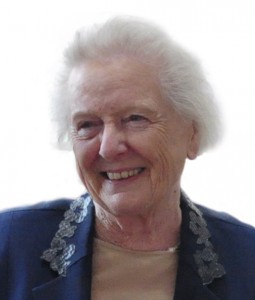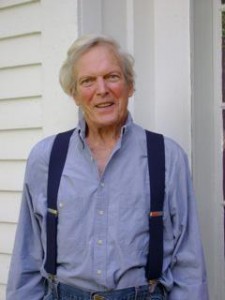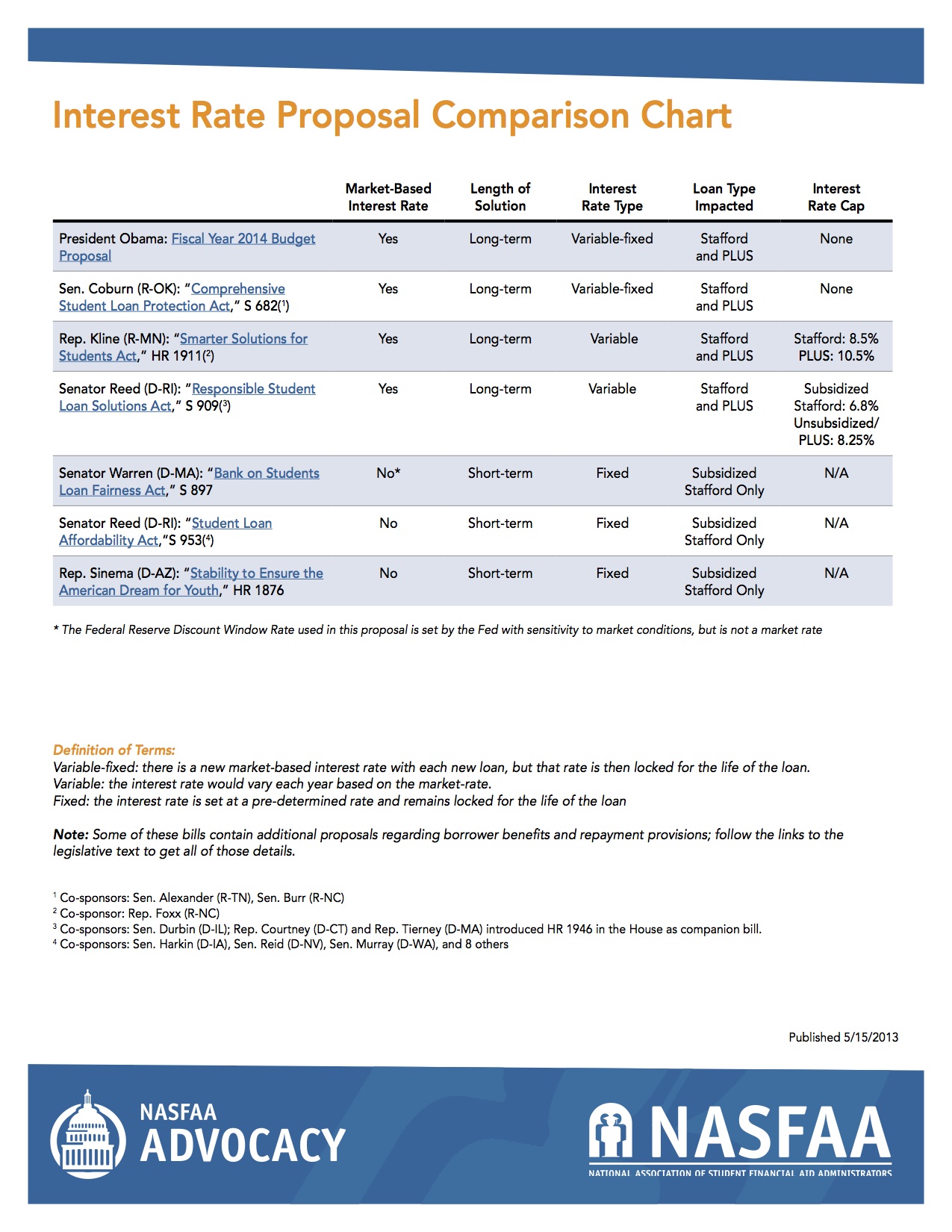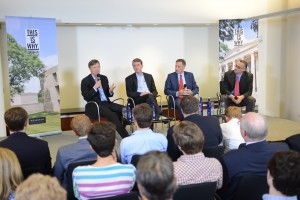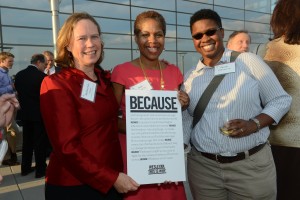Last week Kari and I spent 6 hours a day in seminars on the impact of digital media on art history, visual studies and the humanities. The program was jointly sponsored by the research arm of the Clark Museum and by the French National Institute for the History of Art. Before my appointment at Wesleyan, I’d spent the previous decade or so in the world of art making and the study of visual culture. These seminars re-connected me with some of the scholars I’d gotten to know at the Getty Research Institute in Los Angeles.
Digital media are obviously having an enormous impact on art making today, and on the study of the history of art. Many of the participants in our discussions have seen their fields change dramatically in the last ten years because of technology. Our reading for the week consisted of a wide range of topics: theoretical critiques of new regimes of social control made possible by tracking and surveillance software; art historical discussions of the role of art in the age of digital distribution; projections concerning the importance of the digital humanities; films that showed the attraction of many artists to forms of reproducibility that have not really been left behind in the rush of the digital.
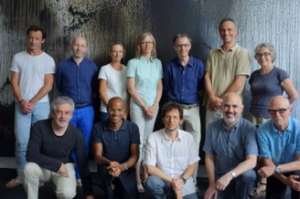
It was good to catch up with colleagues on the role of digital tools for the making and study of art, especially as we at Wesleyan hope to expand our facilities for digital design and media. It was also important to be reminded of “what remains” whenever society embraces new forms of technology to deal with questions that have deep cultural roots.
While we were digging into visual culture and its history, a group of Wesleyan faculty were representing our journal History and Theory at the first conference of the International Network for Theory of History. The editor of the journal is Ethan Kleinberg (COL, History, Center for Humanities), and he was one of a small group of scholars from around the world asked to give a keynote address to the hundreds of philosophers, critics, historians and theorists gathered at Ghent. He, too, was concerned with digital culture in his talk entitled “The Analog Ceiling.” There were lively debates on topics in almost every field of historical reflection, but Ethan tells me there was a strong consensus about one thing: Wesleyan’s History and Theory is the preeminent journal in the field.
Another journal that has had its home at Wesleyan for years is Diaspora, edited by Khachig Tölölyan (COL and English). Diaspora is “dedicated to the multidisciplinary study of the history, culture, social structure, politics, and economics of both the traditional diasporas – Armenian, Greek, and Jewish – and the new transnational dispersions.” I knew Khach when I was an undergraduate — he already had a reputation as an inspiring teacher and pathbreaking scholar. He has been one of the founders of diaspora studies, travels extensively to talk about his research and has built a journal that is the leader in its field. And he remains a beloved teacher. You can see one of his recent lectures here
Hundreds of Wesleyan faculty and students are scattered across the globe teaching, writing, and pursuing their scholarship during the summer. And many of them are right here in Middletown, in the libraries and labs. Much of this work will find its way back into classrooms very quickly. I’ve just finished a book manuscript, been doing lots of reading and writing, and am to relaunch the Wesleyan-Coursera class The Modern and the Postmodern in the next week. Then I’ll be spending some time reconfiguring my fall class on philosophy and the movies while I finish some writing assignments.
From research to teaching and back again — a very virtuous circle.



